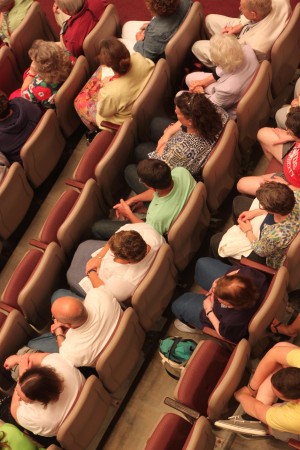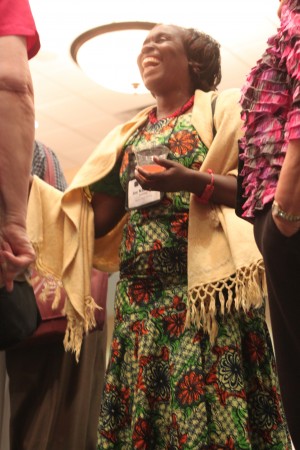The Kingdom of Heaven did gather us and catch us all, as in a net, and his heavenly power at one time drew many hundreds to land. […] And from that day forward, our hearts were knit unto the Lord and one unto another in true and fervent love… Francis Howgill (1618-1669)
 When Jesus called his first disciples, he recruited some of them from among the fishermen who made their living on the Sea of Galilee. He asked a few of these fishermen to follow him, promising to change their vocation forever. Rather than inheriting the family fishing business, they would become fishers of people.
When Jesus called his first disciples, he recruited some of them from among the fishermen who made their living on the Sea of Galilee. He asked a few of these fishermen to follow him, promising to change their vocation forever. Rather than inheriting the family fishing business, they would become fishers of people.
When I first heard the story of Jesus calling the fishermen, I assumed that ancient Palestinian people fished in the same way that I do. I imagined these men sitting on their boats all day, with poles and string, hooks and lures in hand, catching individual fish and tossing them into a bucket. When I first heard the story where Jesus invites Simon and Andrew to fish for people, it sounded like a leisurely day of sport fishing.
I now realize that the first disciples weren’t fishing as a hobby. They didn’t spend their days with poles and hooks, capturing individual fish. Instead, they used wide nets in an attempt to draw large numbers of fish out of the depths. Simon and Andrew were not out catching fish one by one; they sought to bring many hundreds into their boats with one pull of the net.
 The early Quaker movement described the work of the Holy Spirit as this kind of dragnet. They experienced being gathered together as in a net, united in God’s power as a people of God. Just as Jesus had called his disciples into an organic community that became the early church, Friends in the 1650s found themselves being gathered by the resurrected Jesus in their midst.
The early Quaker movement described the work of the Holy Spirit as this kind of dragnet. They experienced being gathered together as in a net, united in God’s power as a people of God. Just as Jesus had called his disciples into an organic community that became the early church, Friends in the 1650s found themselves being gathered by the resurrected Jesus in their midst.
Having had this experience, these first Quakers also became fishers of people. They went into all the world, gathering seekers into communities where they could experience the unity and power of the Holy Spirit – the fullness of life in the body of Christ.
Living as we do in a society that is so focused on individual experience and transformation, how do we make sense of the biblical model of salvation in community? How would our lives be different if we lived as an organic whole – the body of Christ – rather than as individual believers with our fishing poles?
What implications would this way of living as a gathered people have on the way we reach out to the world with the love of the gospel? How might we participate in ministry that looks more like a drag net than fly fishing? What would it mean for us to be able to say that our hearts were knit unto the Lord and one unto another in true and fervent love?